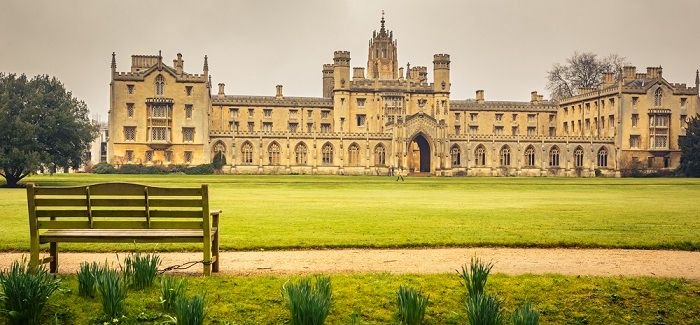The history of the world’s oldest university is a captivating journey that spans centuries and continents. These institutions of higher learning have been centers of knowledge, innovation, and cultural exchange since ancient times. In this article, we’ll delve into the remarkable history of the oldest university in the world, exploring its origins, evolution, and enduring legacy.

1. The University of Al Quaraouiyine
Founded in 859 AD in Fez, Morocco, the University of Al Quaraouiyine holds the distinction of being recognized by UNESCO and the Guinness World Records as the oldest existing, continually operating educational institution in the world.
2. A Center of Learning in the Islamic Golden Age
During the Islamic Golden Age, the University of Al Quaraouiyine flourished as a prestigious center of learning. It offered a wide range of subjects, including theology, law, grammar, and astronomy.
3. The Library of Treasures
The university boasts a remarkable library that houses a collection of ancient manuscripts, some dating back over a thousand years. This library served as a repository of knowledge and played a crucial role in preserving and transmitting texts from various fields of study.
4. University of Bologna: The Birthplace of the Western University
While the University of Al Quaraouiyine is recognized as the oldest existing university, the University of Bologna, founded in 1088 in Italy, holds the title of the oldest university in the Western world. It established the model for the modern university system, complete with academic freedoms and degrees.
5. Influence on Legal Education
The University of Bologna’s faculty of law had a profound impact on legal education. It attracted scholars and students from across Europe, contributing to the development of the civil law tradition.
6. The University of Oxford and the University of Paris
In the 12th and 13th centuries, the University of Oxford in England and the University of Paris in France emerged as influential centers of learning. They contributed significantly to the medieval intellectual revival and the advancement of theology, philosophy, and science.
7. The Evolution of Curricula
As universities evolved, their curricula expanded to encompass a broader range of subjects. The liberal arts, theology, medicine, and natural philosophy became integral components of education.
8. Renaissance and Enlightenment Periods
During the Renaissance and Enlightenment periods, universities played a pivotal role in the dissemination of humanist ideas, scientific discoveries, and philosophical debates.
9. The Global Spread of Universities
In subsequent centuries, universities spread across the globe, adapting to cultural, social, and technological changes. These institutions continued to serve as beacons of knowledge and enlightenment.
10. Enduring Legacy
The oldest universities in the world have left an indelible mark on human history. Their contributions to education, scholarship, and cultural exchange continue to shape the way we perceive and interact with the world today.
Conclusion
The history of the world’s oldest universities is a testament to the enduring pursuit of knowledge and the human quest for enlightenment. From the University of Al Quaraouiyine’s role in the Islamic Golden Age to the University of Bologna’s influence on the Western university system, these institutions have shaped the course of intellectual history. As we reflect on their rich legacies, we recognize the profound impact that these venerable institutions have had on the advancement of human civilization.